The author wishes to thank all the editors of the books, magazines, anthologies, zines, and web sites where early versions of these works first appeared. And for general goodness, the author thanks Dave Thomson, Lisa Asagi, Lawrence Schimel, Mikel Wadewitz, Zack Linmark, Jeffrey McDaniel, Decat, Dewey Schott, Beth Lisick, Ames Adamson, and all the people who found themselves in these writings, whether they wanted to or not. For financial assistance during crucial times: the California Arts Council, PEN American Center, PEN Center USA West.
Also by Justin Chin
Bite Hard
Justin Chin was born in Malaysia and grew up in Singapore. He is the author of Bite Hard (Manic D Press), which was a finalist in the Firecracker Alternative Book Awards and the Lambda Literary Awards. His solo performances have been performed nationally. Chin has received fellowships and grants from the California Arts Council, the Djerassi Artist Residency, Franklin Furnace, PEN American Center, and PEN Center USA West. He was on the 1995 and 1996 San Francisco National Poetry Slam teams. He now lives in San Francisco.
Whenever possible, only first names are used; otherwise, most of the names in these writings have been changed.
Slightly different versions of some of the writings in this book were previously published in various books and magazines:
Monster was published in Q & A: Queer in Asian America (Temple University Press), edited by David Eng and Alice Hom.
Saved was published in The Progressive. Smile was originally written for The Progressive as well, but they decided not to publish it. I thank the editors and board of the magazine for funding my travels and research to Southeast Asia.
Q-Punk Grammar was published in Generation Q (Alyson Press), edited by Seth Clark Silberman and Robin Bernstein.
Currency was published in Queerly Classed (South End Press), edited by Susan Raffo.
The Endless Possibility of a Kiss in a Fevered Faraway Home was published in the 1995 San Francisco Asian American Film Festival catalogue.
The Crispy Edges of Pancakes was published in modern words.
Blah and Death of the Castro were published in On-Q Bay Area Magazine.
On

Aesthetics was published in p-form.
After Yoko was published in This Is Not Her, a limited edition artist book published by KiKi Gallery.
Downloads was an experimental video documentary conceived by Dan Dewey Schott and written and narrated by myself. The video consisted of a succession of images and still photos that were posted on newsgroups and web sites on the Internet, with a narration. Because we wanted to make the video as short and as immediate as possible, mirroring the immediacy and short attention span of cyberpornzits, we edited down the original script to about seven minutes. The script printed here is the original script for the project. The video has been seen at film festivals in San Francisco, New York, Mexico, and Amsterdam.
Pardon Me, But Are You Mr. Asian? was published on the San Francisco Bay Guardian On-line ( www.sfbg.com ).
Return to the Mall was published in wilde.
Dear Friend of Literature:
Enclosed is a very good book. In fact, it is more than supergood. It is fucking brilliant. Please take the time out to read the book and recommend it to eight others. If you do not wish to read the book or find that you cannot finish it for whatever reason (book too long, too verbose, failing eyesight, leprosy, etc.), please give the book to someone else who will appreciate it and also recommend it to eight others. PLEASE DO NOT IGNORE THIS LETTER. Aloysious Wong, of Hoboken, heeded it and now his first novel, I Dont Know What Race I Am (Im So Confused), is currently being shopped around at A MAJOR NEW YORK PUBLISHER with film rights in the works. On the other hand, Geri-Ann Shimizu, of Honolulu, chose to ignore this letter and, to date, her only publishing credit is her poem Flip Flops at Sandy Beach, published in the spring 1998 issue of Bamboo Canyon . It was on the left side of a Juli-Anna Shibata Lee-Nelson poem and so only four people read it. The fifthreader, Geri-Anns babe, Scott Nishimoto-Newman, only made it halfway through because he couldnt understand it. Catherina Sung, of White Christmas Valley Canyon, received this chain and chose to ignore it and her second book , Memories of Sewing and Cooking with My Mother, went unnoticed. She later remembered the chain and passed it on and her third book , A Sewing and Cooking Girlhood, is currently #11 at the Waimea Barnes and Noble bestest-seller list. Her neighbor also carried on the chain and her dog had beautiful puppies. M Prince, of Twenty Nine Palms, California, broke the chain and he developed several canker sores while reading the new John Grisham best-seller and could not enjoy the book. You get the picture. Please do not break the chain. We want only good things to happen to you. THIS IS NOT A JOKE. Do it now and good things will befall you.
Thank you.
The first gay people I knew were not called gay at all. They were the drama queens at school, Nellie boys who lived for the annual music and drama night where they would take over an empty classroom to pile on their makeup, stagger in their heels, and shimmy up tight dresses fit for the trashiest lounge singers in Bras Basah Road. These were the boys destined for the infamous Bugis Street, but that was before the government tore the street down and rebuilt it to tourist efficiency, complete with government-approved drag queens. The queens were called fairies, homos, a-quas, bapok, derogatory names for their effeminacy. But the queens wore these epithets like generals epaulets, or more like Joan Collins-inspired shoulder pads. On that one night, they sashayed across the basketball court to the auditorium in their female drag, ignoring the most hostile name-calling, flirting with the milder name-calling, and simply wallowing in all the attention.
Out of drag, in their regular school life, they hung together, designed dresses in the margins of their textbooks, gave each othergirl names, and flirted shamelessly with the boys on the swim team. They joined the drama club, where they vied for the female roles onstage, giving them an excuse to get into drag and be applauded for it for one brief moment one night of the year. They dreamed of having a sex change, owning a boutique, dating the captain of the swim team, and being a fashion designer or model or air stewardess, not necessarily in that order.
The boys at school were either vastly entertained by the queens or were grossed out and quite violent toward them. I was of the former, but then, I had to be. I knew I liked boys, and the stigma of being associated with the queens who were so resoundingly ribbed and teased and tormented made me nestle quite firmly in my comfy closet: I was on the swim team, I participated in sportssomething the queens never dreamed of doing. I outran and outswam many of my classmates. Still, the closet door was at least somewhat ajar. I had my campy side: I could do a great Madonna circa Like A Virgin impersonation, but somehow, the butchness dulled any hostility toward it, and I was accepted by the problem kids, the ones who sat in the back of the class, didnt pay attention, skipped school, and generally raised hell; our teachers predicted that we were destined to all kinds of failure and a future as worthless wage slaves.

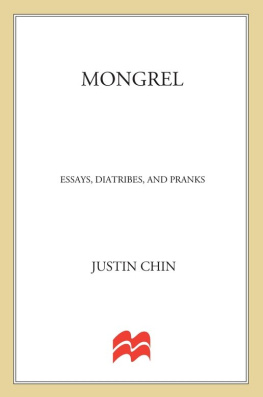

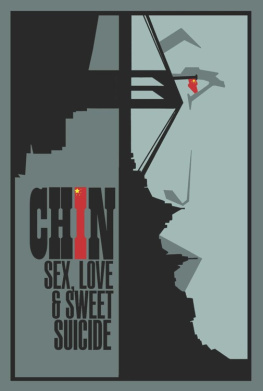
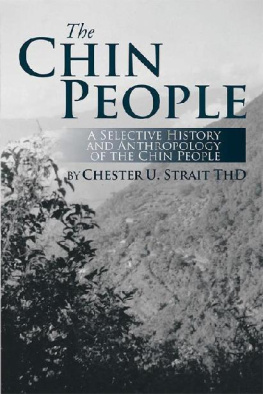
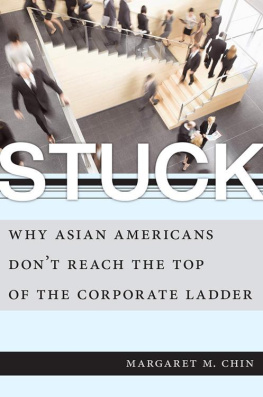
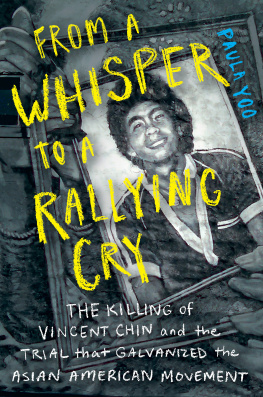
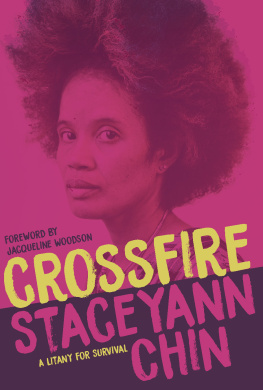
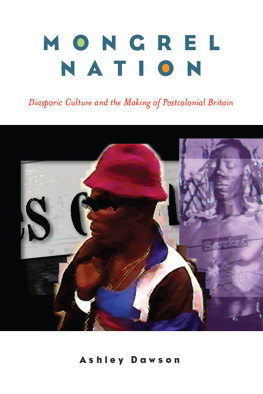
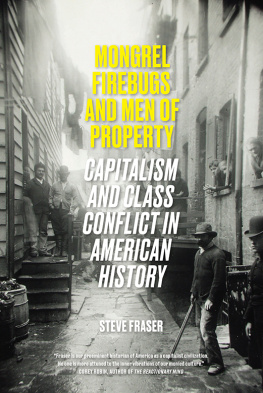

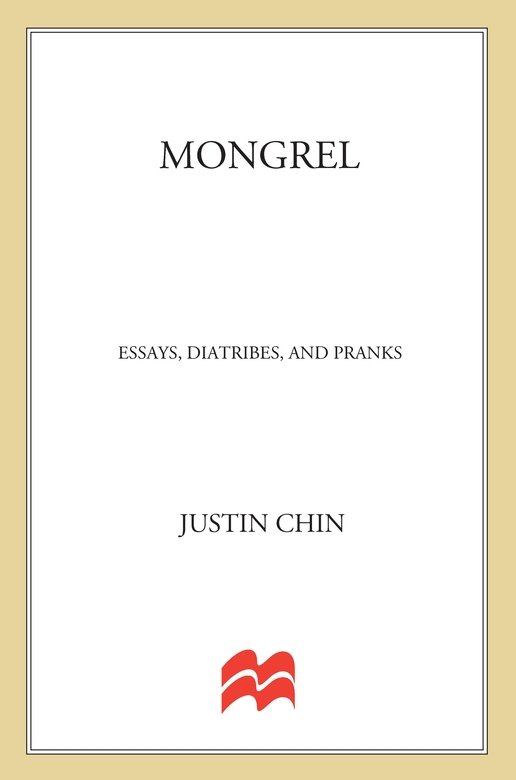
 Aesthetics was published in p-form.
Aesthetics was published in p-form.